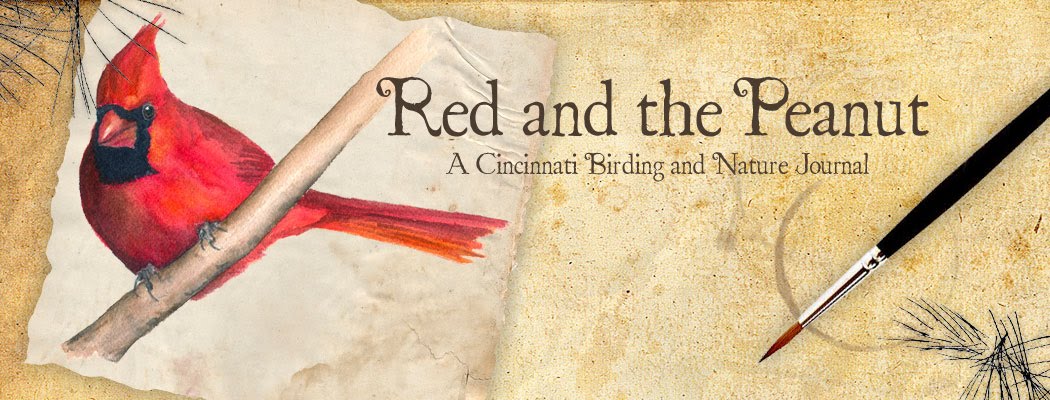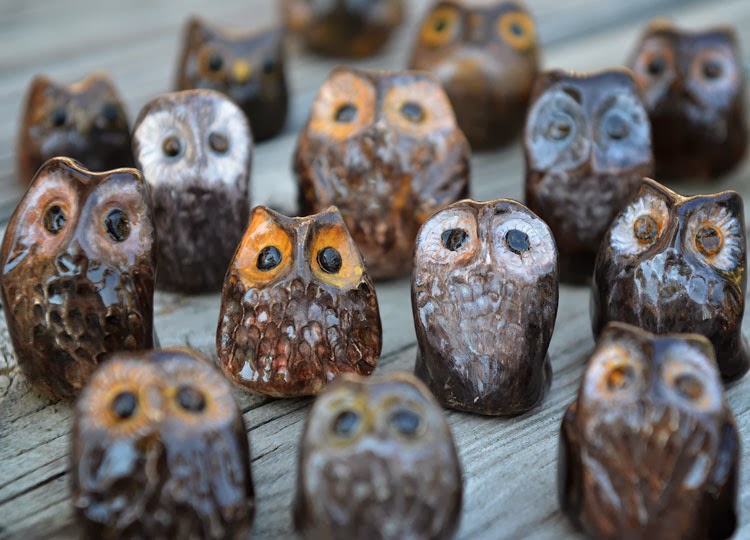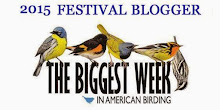Showing posts with label Horned Lark. Show all posts
Showing posts with label Horned Lark. Show all posts
Friday, January 16, 2009
The Horned Larks are Back!
As Bill was leaving for lunch today, he heard the Horned Larks in the field next door. He spotted a small flock of about 15-20 birds. He's already put some seed down for them, so hopefully they will stick around and their numbers grow just as they did last year. We are already ahead of the curve, because last year they didn't arrive until January 30! Click here for a post on the Horned Larks that visited in 2007. Here are a few more photos Rick captured.
Saturday, January 10, 2009
Do you remember these good-looking fellows?
Last January, Bill spotted a flock of Horned Larks foraging out in the field next to our office and the golf course. After a week or so, we started putting out some seed to entice them to hang around, which they did. Here are a few shots my husband, Rick the Reluctant Birder, took. He may be a reluctant birder, but he is a Diligent Bird Photographer and will spend hours getting the perfect shot for me.

These shots were taken on February 24 and the flock had grown to about 45 birds by then. We used our car as a bird blind, hiding behind the hood, and spent about 2 hours photographing the little fellows. It was so beautiful in the snow.

I looked in my bird journal to confirm the information and on Jan 31 I had written,
From the Cornell Lab of Ornithology’s All About Birds:

These shots were taken on February 24 and the flock had grown to about 45 birds by then. We used our car as a bird blind, hiding behind the hood, and spent about 2 hours photographing the little fellows. It was so beautiful in the snow.

I looked in my bird journal to confirm the information and on Jan 31 I had written,
Bill said he thought he saw some Horned Larks yesterday, so on my way to the office, I drove through the golf course to check. Wow! So easy to miss, so easy to see. When not looking closely they just look like little brown numbers, but when you slow down and study them, the yellow on their face and throats and the black horns pop right out. So beautiful and cool.
From the Cornell Lab of Ornithology’s All About Birds:
The only true lark native to North America, the Horned Lark is a common, widespread bird of open country. Adult Horned Larks eat primarily weed and grass seeds, but they feed insects to their young. They are declining in most of their range.
Subscribe to:
Posts (Atom)











